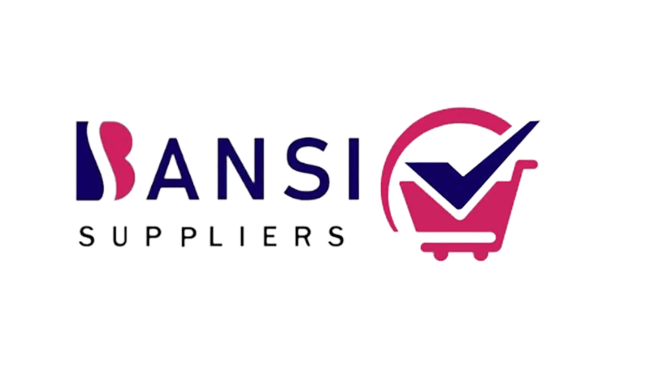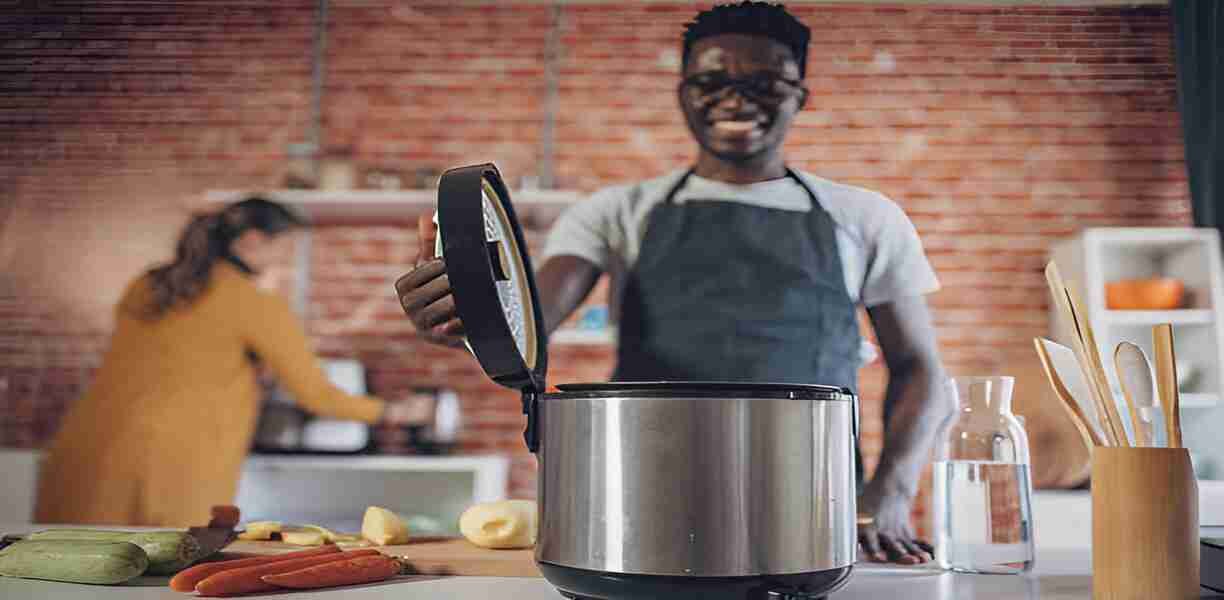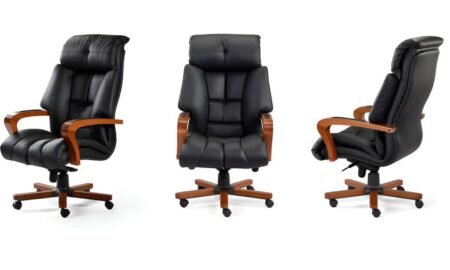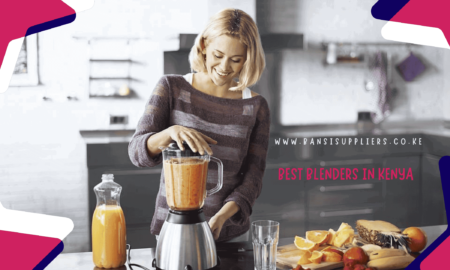How Safe Are Pressure Cookers?
How Safe Are Pressure Cookers?
Modern pressure cookers have revolutionized home cooking, making it faster and more convenient. But with their ability to generate high-pressure steam, many wonder: How Safe Are Pressure Cookers? The short answer is yes—when used properly. Thanks to advanced safety features, today’s pressure cookers are much safer than older models. However, misuse or manufacturing defects can lead to accidents. In this article, we’ll explore pressure cooker safety, common risks, and best practices to ensure safe cooking.
Buy Pressure Cookers Here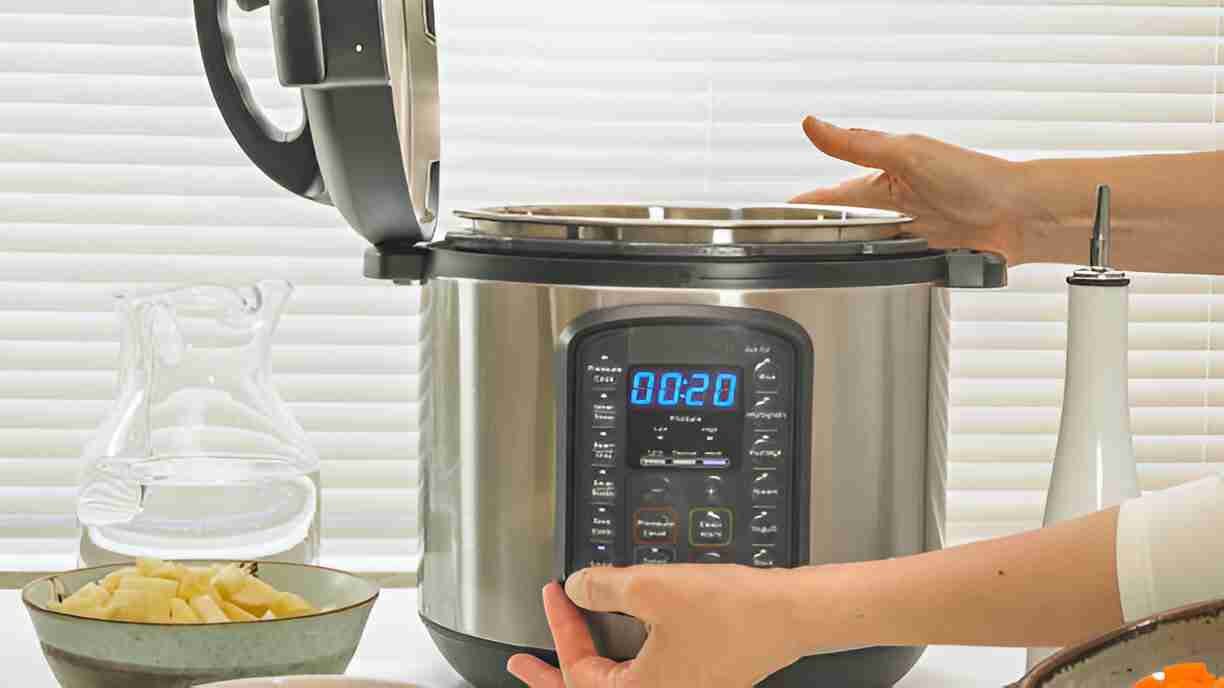
Safety Features of Modern Pressure Cookers
Unlike pressure cookers from decades ago, modern stovetop and electric pressure cookers come equipped with multiple safety mechanisms to prevent dangerous pressure buildup. These features include:
- Pressure Release Valves: These automatically release excess pressure to prevent explosions.
- Locking Lids: Prevents the lid from opening while the cooker is pressurized.
- Overpressure Plugs: Act as a backup pressure release system if the main valve fails.
- Leaky Lid Detection: Detects if the lid isn’t sealed properly and prevents pressure from building up.
- Temperature Probes and Fuses: Shut down the cooker if it overheats.
With these safeguards, pressure cookers are as safe as any other kitchen appliance when used correctly.
Stovetop vs. Electric Pressure Cookers: Which is Safer?
There are two main types of pressure cookers: stovetop and electric (also known as multicookers). Each has its own safety profile:
- Stovetop Pressure Cookers:
- Heat up faster and cook at higher temperatures.
- Require constant monitoring to regulate pressure.
- More prone to accidents if not properly watched.
- Electric Pressure Cookers:
- Have built-in sensors and safety mechanisms to regulate pressure automatically.
- Take longer to build pressure and cook food.
- Generally considered safer due to automated controls.
Popular electric pressure cookers include Instant Pot, Crock-Pot, Ninja Foodi, and Breville.
Can Pressure Cookers Explode?
While rare, pressure cookers can explode due to manufacturing defects, improper use, or worn-out components. When this happens, hot food and steam can cause severe burns. Some well-known pressure cooker recalls include:
- Crock-Pot (2020): Over 914,000 units recalled due to a defective lid locking mechanism, resulting in multiple burn injuries.
- Breville (2015): 35,000 units recalled due to a faulty gasket allowing sudden pressure release.
- Instant Pot (2018): 104,000 units recalled due to fire hazards.
While these incidents are alarming, they highlight the importance of using well-maintained and properly manufactured pressure cookers.
How to Use a Pressure Cooker Safely
By following a few key safety guidelines, you can greatly reduce the risk of accidents:
Do:
- Inspect the rubber gasket, valves, and seals before each use.
- Ensure adequate liquid to generate steam pressure.
- Follow proper pressure release methods (natural release, quick release, or cold water release).
- Use mitts when handling a hot pressure cooker.
- Clean the cooker thoroughly after each use.
Don’t:
- Overfill the cooker (follow manufacturer guidelines for safe liquid and food levels).
- Use excessive oil, as it can clog valves and damage the cooker.
- Open the lid before the pressure is fully released.
- Use a cooker with worn-out or damaged seals.
- Immerse electric pressure cookers in water.
Pressure Cooker Explosion Lawsuits
Despite safety improvements, some consumers have filed lawsuits against manufacturers for faulty pressure cookers that caused burns and injuries. These lawsuits allege defective designs and misleading safety claims. Common injuries include:
- Second- and third-degree burns
- Amputations due to severe burns
- Brain injuries from ejected lids
- Emotional trauma from accidents
Manufacturers like Instant Pot, Power Cooker XL, and Crock-Pot have faced legal claims from consumers injured by their products.
Final Thoughts: Are Pressure Cookers Safe?
Yes, modern pressure cookers are safe when used properly. Advanced safety features significantly reduce risks, making them safer than older models. However, like any kitchen appliance, they require proper maintenance and usage to prevent accidents. Always follow the manufacturer’s instructions, inspect your cooker regularly, and practice safe cooking habits to enjoy the benefits of pressure cooking without worry.
